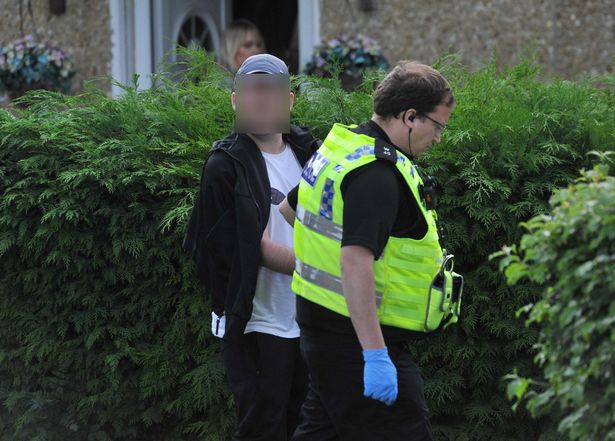The UK Government has launched a public consultation on proposed revisions to Keeping Children Safe in Education 2026 — the statutory safeguarding guidance for schools and colleges in England — inviting views on a wide range of updates aimed at ensuring the guidance remains current, clear and relevant.
The consultation, published in February 2026, seeks feedback on changes throughout the draft guidance, which would replace the existing Keeping Children Safe in Education framework and set out the legal duties and best-practice expectations for education settings to safeguard and promote the welfare of children and young people.
What the consultation covers
The Department for Education (DfE) is asking stakeholders — including school leaders, designated safeguarding leads, parents and sector bodies — to comment on proposed revisions across all parts of the guidance.
According to the consultation documents and the draft guidance, the consultation covers:
Key parts of the draft guidance under review:
-
Part One – Safeguarding information for all staff: what all school and college staff should know and do to safeguard children.
-
Part Two – The management of safeguarding: the arrangements schools and colleges should have in place, including leadership responsibilities, multi-agency working and local safeguarding processes.
-
Part Three – Safer recruitment: vetting, pre-appointment checks and recording requirements for staff and volunteers.
-
Part Four – Safeguarding concerns or allegations about staff: how schools should respond to concerns or allegations against teachers, leaders, contractors and others.
A summary of the proposed changes is included in Annex D of the draft guidance.
Proposed changes and areas of focus
While much of the statutory guidance reflects existing duties, the consultation highlights a number of areas where updates are being proposed or clarified, including:
-
Gender-questioning children and safeguarding: new sections have been proposed on how schools approach issues such as toilets, changing rooms, boarding accommodation and single-sex sport in relation to children who are questioning their gender identity. These proposals reflect separate policy work on gender safeguarding and are informed by previous consultation and expert review.
-
Mental health and safeguarding connections: early indications from the draft suggest that mental health concerns — including self-harm and suicide risk — are being more explicitly linked to safeguarding considerations, alongside other indicators of abuse or neglect.
-
Online safety and technology use: draft revisions are expected to include updates on online safety expectations, such as annual reviews of filtering and monitoring systems to reduce harmful content exposure.
-
Additional procedural and technical updates: the draft also includes updates throughout the guidance to ensure consistency with other statutory frameworks such as Working Together to Safeguard Children, and to reflect evolving safeguarding practice.
Why this consultation matters
KCSIE is a statutory guidance document that all schools and colleges must have regard to when carrying out their safeguarding duties. It sets out the legal duties to protect children from harm and defines key expectations for staff training, safer recruitment, risk management and response to abuse.
The DfE has stated that ensuring the guidance remains up to date is crucial to helping education settings protect children effectively as risks evolve and safeguarding practice continues to develop.
How to have your say
The consultation on Keeping Children Safe in Education 2026 is open until 22 April 2026, and responses are being invited via the Department for Education’s consultation portal.
For full details on the proposed revisions — including the draft guidance and Annex D summary of changes — visit the consultation page here:
https://consult.education.gov.uk/independent-education-and-school-safeguarding-division/keeping-children-safe-in-education-2026-revisions/



